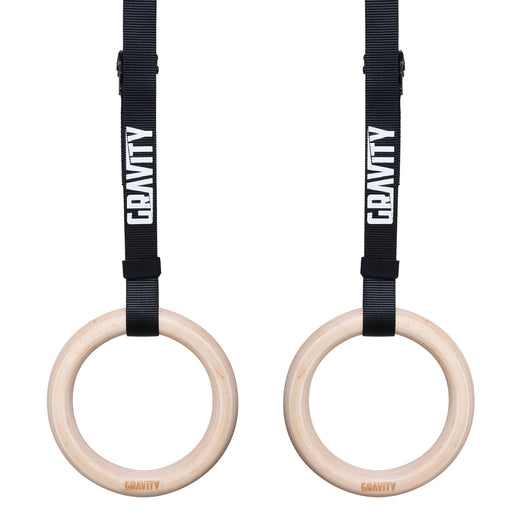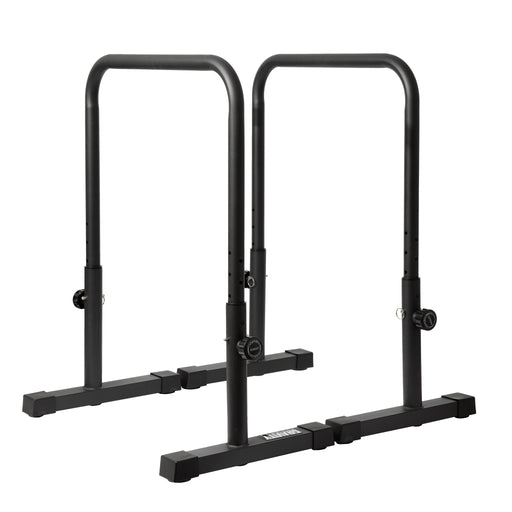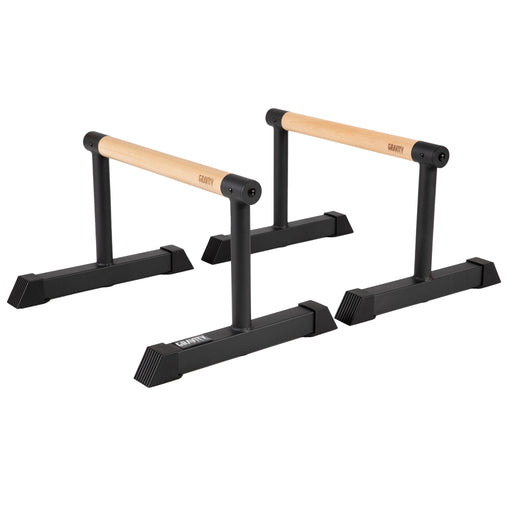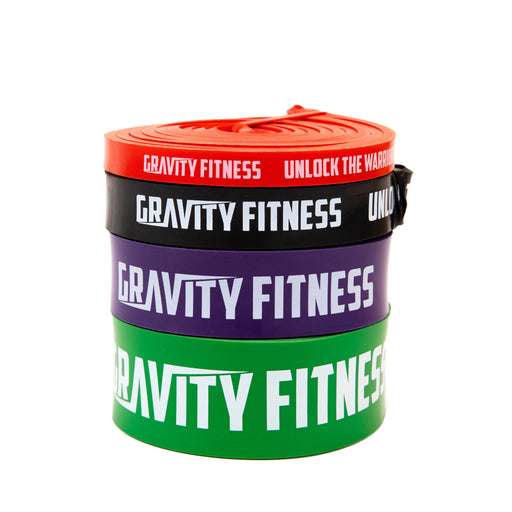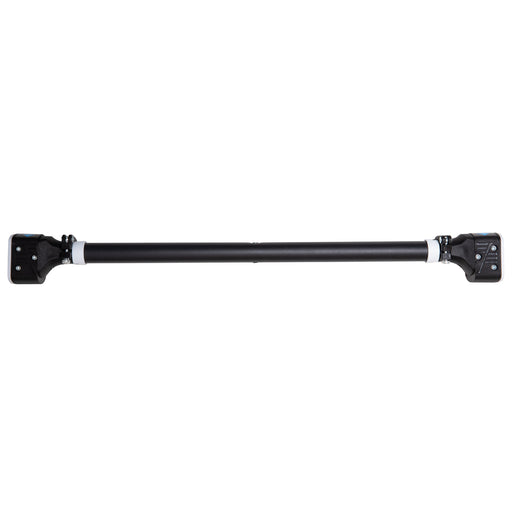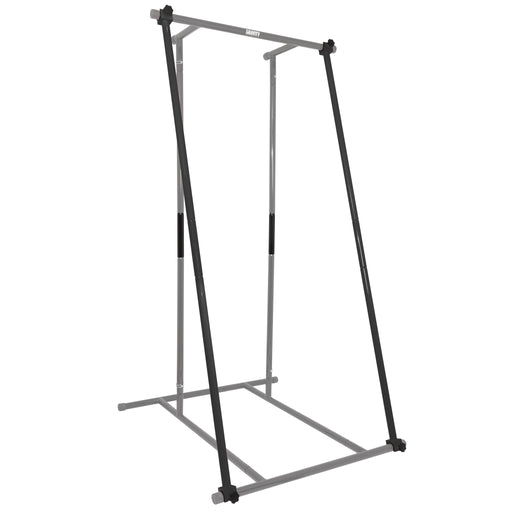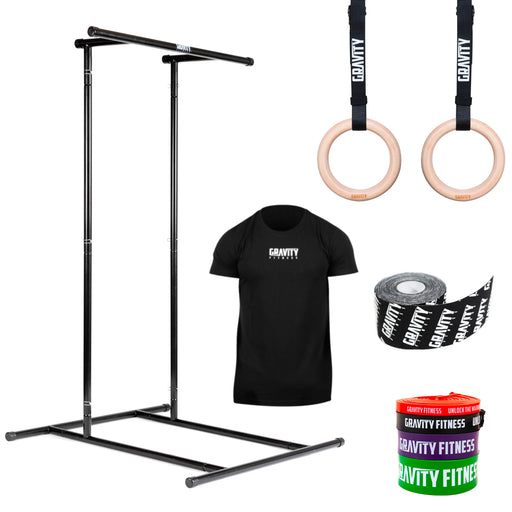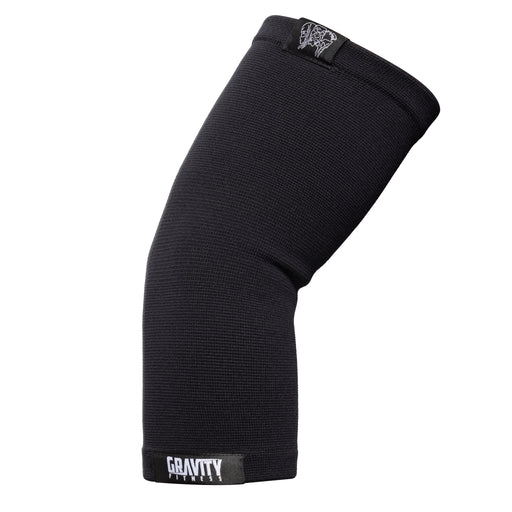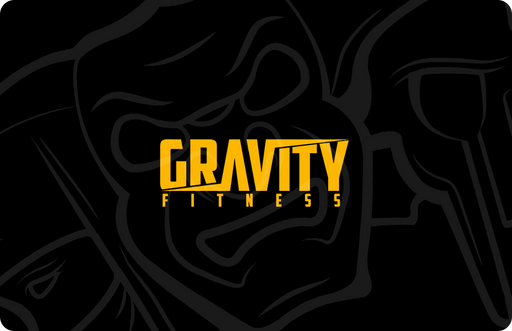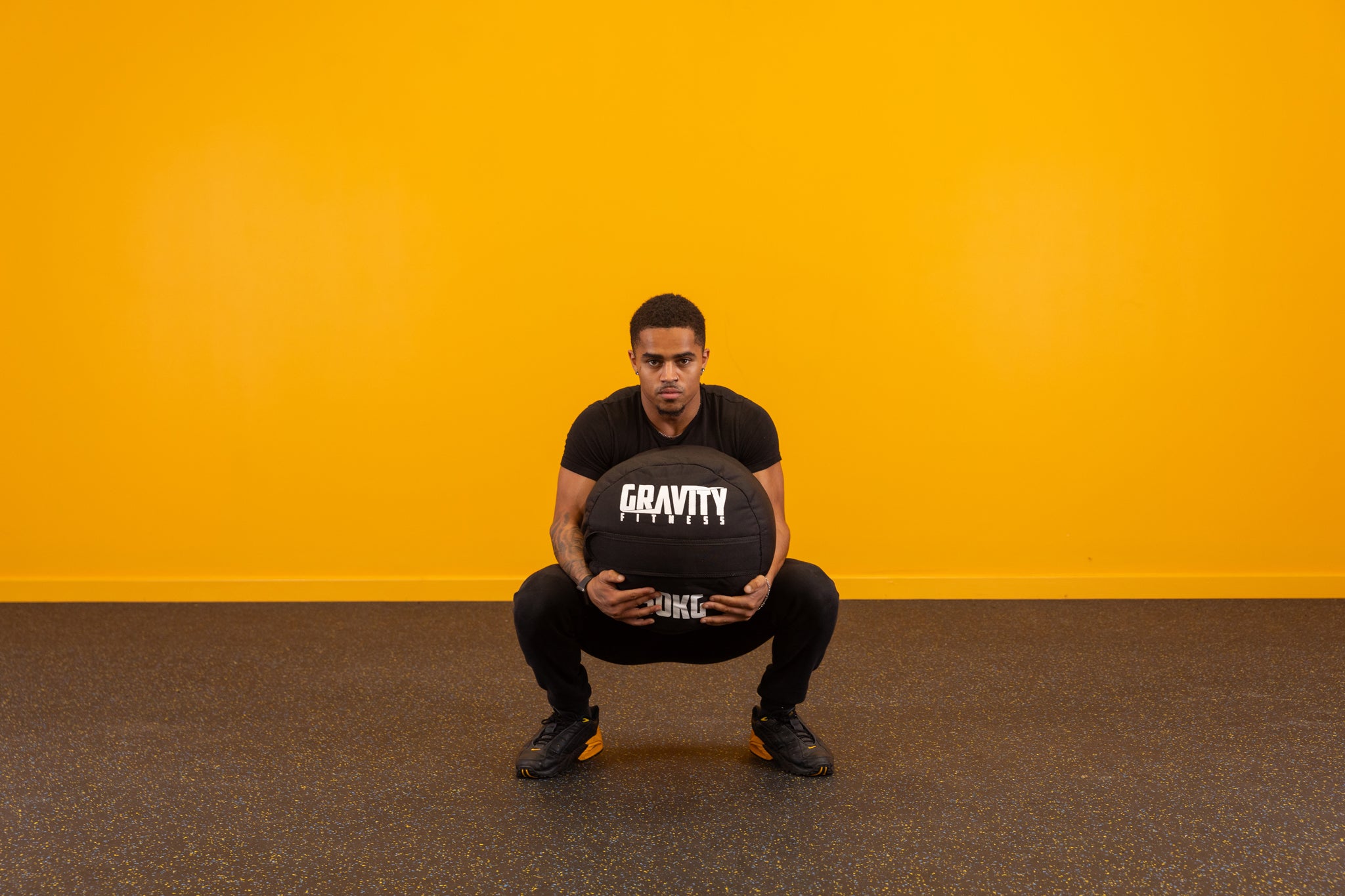
Why there's more to being a hybrid athlete than how you train
Why there's more to being a hybrid athlete than how you train
Hybrid training is a big fitness trend – but what if you could expand the hybrid approach to your healthy lifestyle?
We’re sure you’ve heard of “hybrid training” in fitness. It roughly translates to a balanced style of training that gives you an all-round approach to fitness. Hybrid training is a way to blend training modalities so you develop all areas of fitness and don’t get stuck in a rut.
A hybrid-training approach to healthy living
What if we applied that balanced ethos to our entire attitude towards living? No tunnel vision, no all-or-nothing. Instead, a healthy blend of all the things that are good for us, in moderation, with longevity as the goal.
We love the concept of hybrid training for fitness. But we think it’s time to expand the hybrid concept to the rest of life, too. Here’s how we see the hybrid mindset showing up across a truly healthy lifestyle.
How to develop a hybrid mindset for wellbeing
Healthy living means ticking the boxes of decent nutrition, fitness training, general activity, hydration, sleep, and stress management – over and over again for… well, for life.
Put like that, it sounds a lot. Which is why we’re convinced that a less dogmatic – more “hybrid” – approach to healthy living is the way forward.
It all starts with a mindset shift. Most fitness people are highly driven, goal-oriented, and love to hit targets. That’s great, but it can lead to a rigid attitude to what constitutes healthy.
Adopting a hybrid approach to healthy living means allowing more flexibility into your life, and looking at the bigger picture.
5 benefits of adopting a hybrid attitude to life
1 You’ll remove the self-inflicted pressure attached to achieving single goals
2 You’ll introduce more flexibility allowing for the natural ebb and flow of a long life
3 Bad days/ weeks (or periods of illness or injury) will have less emotional impact
4 A less rigid, more adaptable approach to healthy living that can shift with life
5 The opportunity to get curious, and try new ways of moving, eating, and being healthy
Mindset tips for a flexible approach to healthy living
If you adopt this hybrid approach to healthy living, you’ll have to let go of a few things. They might include your previously-held beliefs about food or fitness, your training frequency, or your laser-focus on one kind of fitness.
That letting go can be challenging – after all, it’s a kind of loss. If you struggle with the idea of letting go of a diet mentality, specific training routine, or label, try reframing it as freedom.
You’re not losing anything. You’re still dedicated to the long-term goal of living a healthy, happy lifestyle. Your core personal values are very much still there.
You’ve just loosened your grip on the specifics, which gives space and freedom for new things to come in. And you get to choose which ones stay, and for how long. That’s the thing about a hybrid mindset – it’s completely flexible.
Hybrid mindset tips for type A personalities
Perhaps the most challenging aspect of adopting what we’re calling a hybrid approach to healthy living is the lack of rules. Many of us who have trained for years (and perhaps competed) have grown up with fitness fads, coaching styles, and dieting dogma that demands we adopt labels.
Living a hybrid healthy lifestyle means throwing away labels and looking at everything with curiosity. You might love Olympic lifting and be a meat eater now. But a hybrid attitude means you accept that both those things might change over time.
In fact, it’s completely natural to expect ourselves to go through various iterations of health and fitness through the ages. Imagine if we expected our kids to do the same sport at 50 as they did when they were 10?
We allow children the flexibility to freedom to chop and change the way they eat, move, play, and enjoy being healthy. How about we start doing the same for ourselves?
Hybrid thinking for lifelong healthy living
What do you think about our idea of adopting a less dogmatic, more flexible attitude to being fit and healthy? As long as the basics are in check, isn’t it OK to experiment with different ways of living a healthy lifestyle?
Join the conversation on Gravity’s socials. We’d love to know what you think.














